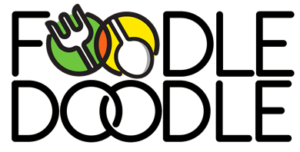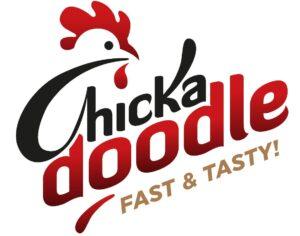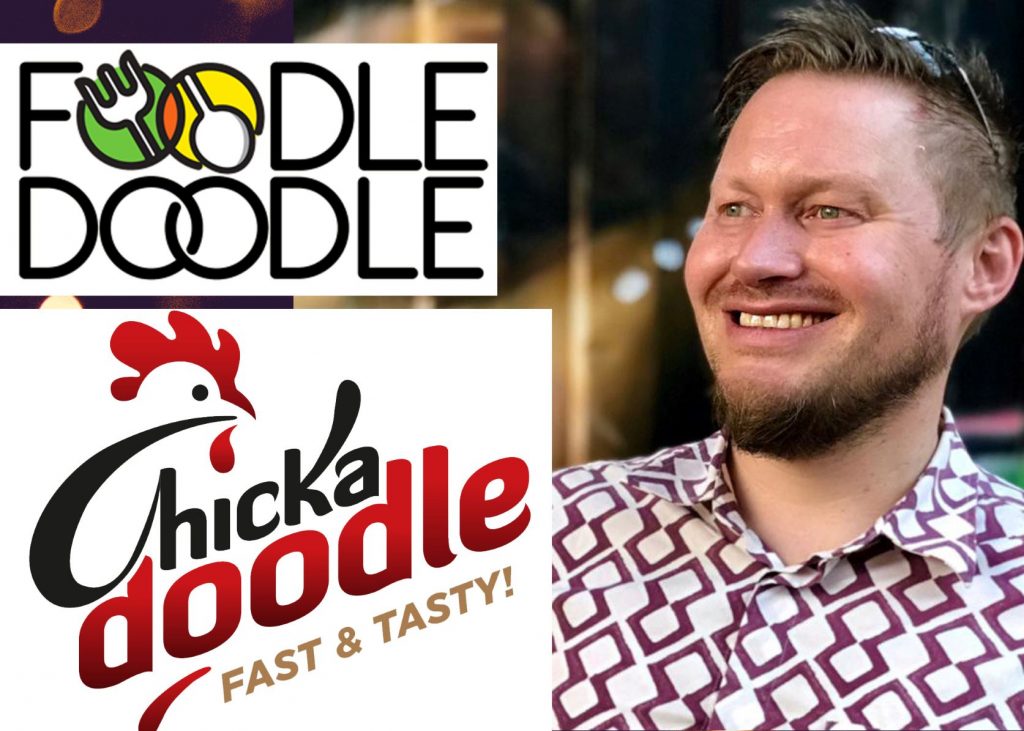Kenyan perennial entrepreneur Havar Bauck, teaming with several of his investment partners, has ventured into the global multi-billion-dollar cloud kitchen by launching Foodledoodle, the first of such in East Africa, a move expected to change the food and hospitality industry in the region.

The cloud kitchen model of business in a concept that primarily offers a restaurant kitchen and accepts incoming orders only through online ordering systems and offers no dine-in facility.
Also known as dark kitchen, this model is primarily virtual and is reliant on food delivery apps, web portal orders and to generate sales. The global cloud kitchen market size was estimated at 0.65 billion U.S. dollars in 2018 and is forecast to reach 2.63 billon U.S. dollars by 2026.
The cloud kitchen concept
The concept is gaining ground around the globe with established brands in Europe, US, India and some appearing in South Africa. Such leading brands in the cloud kitchen business model include Rebel Foods headquartered in Pune India with a valuation of over USD 700 million.
“There is a couple of different models globally. Ours has the most similarities with Rebel Foods and Kitopi in India and the Middle East, and also with Darth Kitchens in South Africa. In Europe, there is also Keatz and Taster with comparable models. These are all multi-brand operations, meaning that one location typically delivers under more than one brand, and where each brand represents a different cuisine type.”
Now, Bauck and partners have rolled out Foodledoodle – the new cloud kitchen chain for Africa. For a start, the start-up has embarked on rolling out a new brand under the main Foodledoodle called Chikadoodle- an exclusive chicken outlet in Nairobi’s Kileleshwa area both as a pilot launch, and a proof of concept. The brand will specialize on chicken dishes, as chicken is generally very popular in East Africa.
Bauck sought the help of his long-term business partner Endre Opdal, a co-founder of HotelOnline and Achieng Butler, former Senior VP Branding and Media in Airtel Africa to set up a team that is rolling out this vision.
“As we expand, we will launch Chickadoodle from more locations in Nairobi, and very soon also in other cities across East Africa. We will also introduce other brands for other types of food,” notes Bauck. “Each brand will be a standalone virtual restaurant chain, with its own identity features, such as a brand website and social media profiles.”
He explains that both Foodledoodle and Chickadoodle names came up concurrently, through the same process, hence the similarity.
“As we expand, you will see an increasing variety of brands for Italian food, Thai, seafood, vegetarian, and others. While we strive to make all our meals healthy, we will also launch options particularly targeting the very health conscious.”
The drive to rolling out this concept was developed after years of studying the Kenyan market and realizing that many hotels in Kenya were not making maximum use of their kitchen facilities. Bauck notes that in most cases, however, these kitchens operate at a fraction of their capacity. In a way meant to increase revenues, the cloud kitchen concept will make use of such facilities while at the same time rolling out a profit-sharing model between the hotel and those running the cloud kitchen.
“By leasing some of the idle capacity, we give these hotels the opportunity to increase their return on investment on the prime space and equipment that goes into building a kitchen.” Apart from the Kileleshwa point, they are talking to several others about potential partnerships for additional locations in Nairobi.
Growing nature of Nairobi as a cosmopolitan city
The idea also aims to tap into a growing population of Kenyans who are exploring various types of food and are keen to get quality at a reasonable price as well a big expatriate population eager to get various tastes. This has led to the growth of various food outlets selling exclusive foods across and Nairobi has almost any food present in global cities like New York, London or Tokyo.
He notes, “Kenya, and specifically Nairobi, is the perfect pilot market, because of the high technology adoption levels, and the relative affluence compared to the rest of Africa. There is a vast segment of upper-middle-class millennials, who are the primary target market for delivery food.”
Bauck says these consumers expect more than just classic fast food and are keen on variety, and demand quality. “The mass-market segment is the fastest-growing at the moment, though, and the dynamics are a bit different there. Nairobi remains a great pilot site for this segment as well, thanks to the general tech-savvyness of Kenyans.”

There has also been the growth of online food order and delivery companies like Uber eats, Glovo, Jumia foods and others keen to tap into the home delivery segment. Bauck adds these would complement the cloud kitchen model as many buyers will likely order their food through the system.
“Our job is to provide a wide variety of exciting and healthy food experiences. Not to operate delivery logistics. Uber Eats, Jumia Food, and Glovo are already in the market, and apparently, Bolt Food are also launching soon. We will use those services rather than operating our own delivery. That enables us to focus on our core business. When there is a wheel, don’t reinvent it!”
For a start, Foodledoodle first targets its Tier 1 cities in East Africa which includes Nairobi, Mombasa, Dar Es Salaam, Kampala and Kigali. This coupled with external funding will launch expansion into cities in West Africa.
Bauck, a Kenyan of Norwegian origin is not new to the hospitality industry in Africa, as he cofounded another globally acclaimed enterprise HotelOnline which has been bridging the gap in hotel booking in Africa.
Covid-19 disruptions
But Bauck is wary of the potential disruptions that might come with COVID-19 and how such disruptions have affected the middle-income earners in Africa. While there has been different trends observed around the world, some like China leading to the massive growth of food delivery industry, while some of the markets have shrunk.
“In Kenya, there has been a drop, because much of the demand comes from people ordering lunch in their offices. Even here, the drop is not dramatic, though. The initial trend has been that people working from home offices, cook more at home,” he adds.
Still, he says people are ordering, and delivery and takeaway food remain very much in demand. “Food delivery is a long-running megatrend both in Africa and elsewhere, and what we are seeing in other countries, shows us that the trend continues to rise sharply.”











